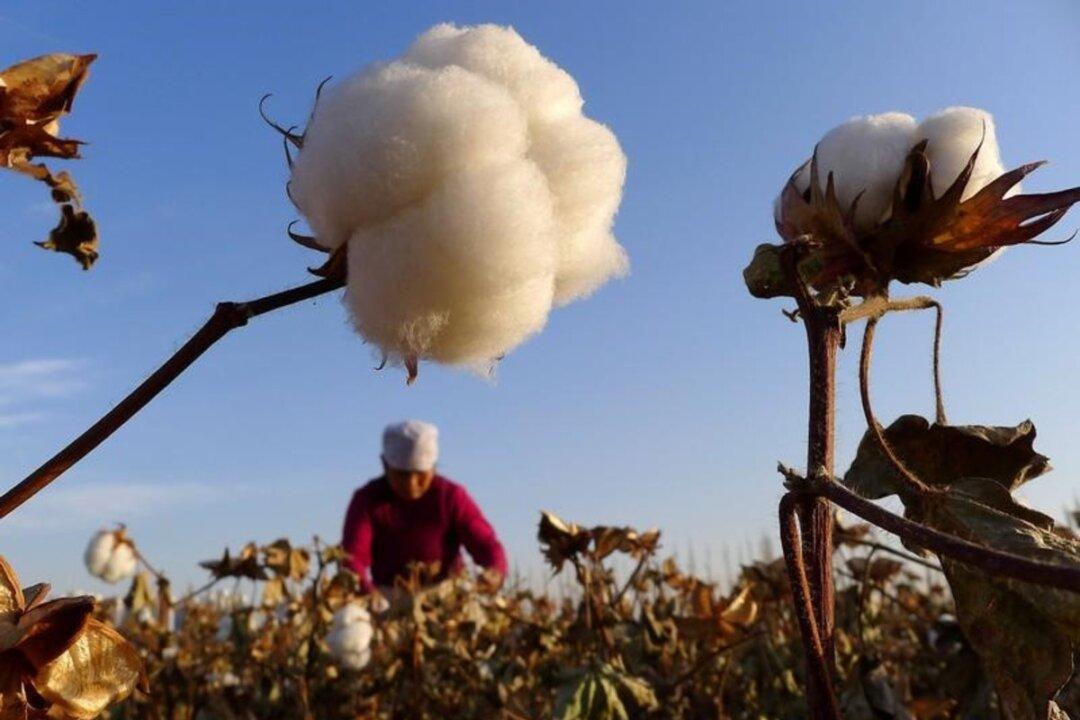A new report has found that companies in Australia are failing to identify or address modern slavery and labour exploitation in their supply chains and called for the strengthening of Australia’s modern slavery laws.
The Modern Slavery Act, which entered into force on Jan. 1, 2019, established a modern slavery reporting requirement for large businesses and entities with annual consolidated revenue of at least $100 million (US$71 million).





